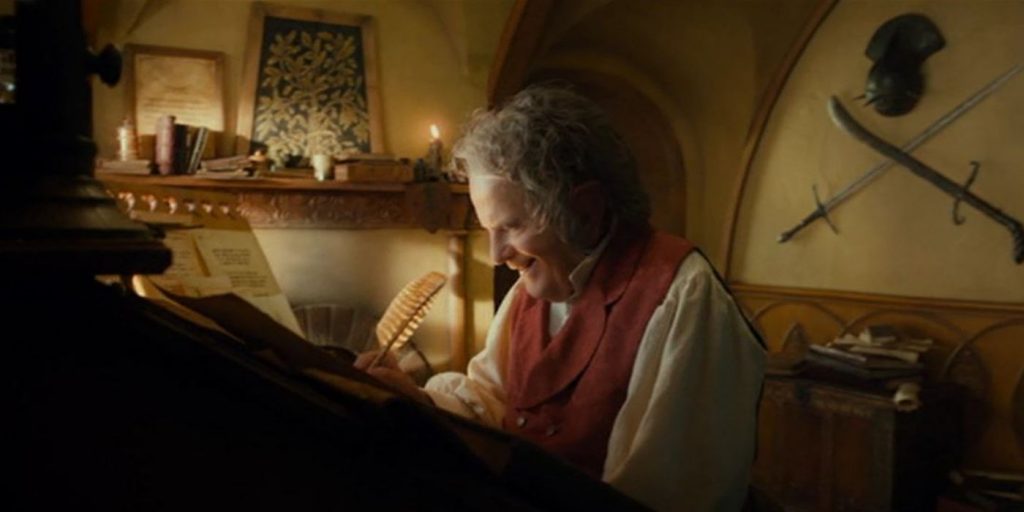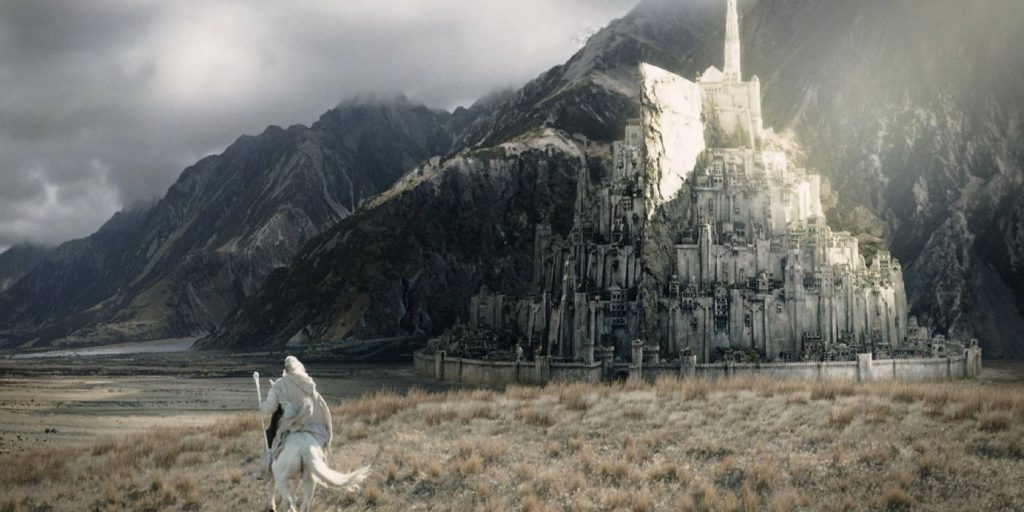The New Shadow is a much less well-known fantasy novel by J.R.R. Tolkien than the well-known fantasy classic Lord of the Rings, which almost everyone has at least heard of. Numerous people's imaginations have been captured over the years by the vast realm of Middle Earth. Its tales of Dwarves, Trolls, Elves, and Orcs served as the basis for numerous connected stories and made-up worlds, including Warcraft and Dungeons & Dragons. Tolkien created incredibly detailed chronicles, but he decided to leave the future unwritten. The New Shadow, a story that would have continued the events of the well-known series, was intended to be the sequel that never was. However, Tolkien gave up on it after just 13 pages.
Tolkien had a vivid mind. He was a master at worldbuilding, which is the process by which writers construct fictitious settings for stories. The Hobbit, The Lord of the Rings, and a few poem collections, including The Adventures of Tom Bombadil, were all published by Tolkien during his lifetime. However, it wasn't until after his passing that the more comprehensive portions of his work were made public. The Silmarillion, which is the real prequel to The Lord of the Rings and was edited by his son Christopher Tolkien, is the most well-known of these works.
The New Shadow: Why Tolkien Never Finished

There was a good explanation for why the New Shadow was abandoned. A Lord of the Rings-style sequel story would require antagonists and strife. The problem is that introducing a new context would have changed the universe of Middle Earth. The New Shadow would have undermined the conflict at the center of The Lord of the Rings and everything its characters fought so fervently for. Whether or not it would have been a fine tale would likely become secondary to this unfortunate truth.
Tolkien stated that since "we are dealing with Men it is inevitable that we should be concerned with the most regrettable feature of their nature: their quick satiety with good" in one of his letters that were made public. Perhaps cynically, he believed that the Middle Earth's inhabitants would soon weary of their idyllic world. Society would start to degrade as a consequence. The evil in this tale would originate within humans rather than from an outside antagonist like Sauron in a world full of unrest and skulduggery. The conclusion of The Lord of the Rings would have been ruined by The New Shadow in this manner.
What Takes Place in Tolkien's Lord of the Rings Follow-Up Story

It was Tolkien's intention to place The New Shadow about a century after Sauron's downfall. The descendants of Aragorn would govern the world, becoming, in Tolkien's words, "like Denethor or worse." King Eldarion would be in charge of Gondor, and the One Ring War would only be vaguely recalled at this point. Few people who recall the war are even still alive today. For those who were, it would only be vague recollections from their youth.
Tolkien intended for The New Shadow to take place around a century after Sauron's defeat. According to Tolkien, the descendants of Aragorn would rule the world and wind up being "like Denethor or worse." Gondor would be ruled by King Eldarion, and memories of the One Ring War would be hazy at best. Even today, few people who remember the war are still living. For those who were, they would only have hazy memories from their earlier years. There has been an increase in discontent and uneasiness in Gondor since the passing of the Great King (presumably Aragorn). The story concludes with clues about ships going missing from the river, an old evil making a comeback, and shady activities in Gondor.
Why The New Shadow Shouldn’t Be Used For A New Movie
It would definitely be a bad idea to create a new film based on Tolkien's unfinished novel The New Shadow. It's unlikely that longtime Lord of the Rings fans would embrace it as canon because it would probably cause more harm than good to the Middle Earth universe. Additionally, it would go against Tolkien's own decision, who thought the tale would be "both sinister and depressing." Tolkien determined this story wasn't worth telling after only 13 pages of writing, and any aspiring authors would do well to take his advice.
The New Shadow would be a bad option for a Lord of the Rings sequel, but this is not to say that one can't be written. There are undoubtedly other ways to tell the story that doesn't entail the Kingdom of Gondor returning to its previous state almost immediately. If such a tale were ever to be written, staying true to Lord of the Rings' conclusion would probably be the secret to success. Samwise's remark in Tolkien's cherished trilogy is possibly the most moving. It is worthwhile to fight for the good in this universe, Mr. Frodo. Any future story would be smart to adhere to this sentiment in order to be a worthy successor to The Lord of the Rings.






Comments
Post a Comment